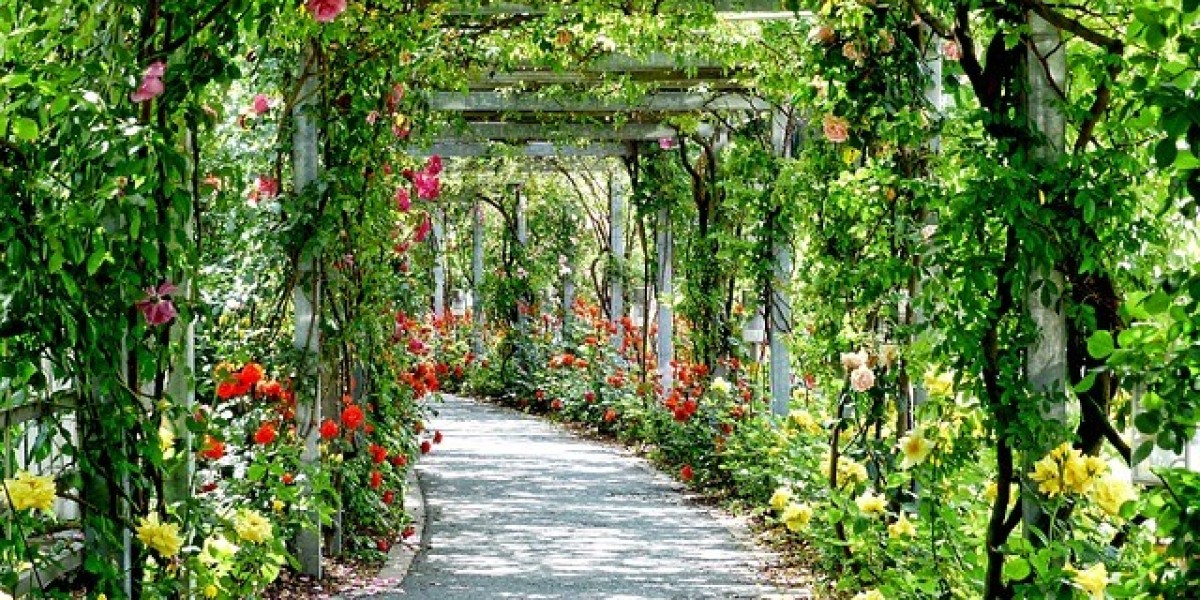Haryana, a state in northern India, is known for its rich cultural heritage, agricultural abundance, and vibrant communities. Among its many cities, Ambala stands out not only for its historical significance but also for its role as a religious hub in the region. This blog delves into the essence of Ambala and the broader religious landscape of Haryana, highlighting the unique blend of traditions, spirituality, and community life.
Ambala: A Historical and Cultural Crossroad
Ambala, strategically located at the crossroads of northern India, has a rich history that dates back centuries. The city has been a significant center of trade and culture, serving as a melting pot for various communities and religions. Its historical importance is underscored by landmarks such as the Topara Pillar, which reflects the region's past under different rulers, including the ancient Kushan Empire and later the Mughals.The city is divided into two main areas: Ambala City and Ambala Cantonment. The Cantonment area, established during British rule, is known for its colonial architecture and military significance. Today, Ambala is not only a bustling urban center but also a vital hub for education, commerce, and industry.
Religious Diversity in Ambala
Ambala is renowned for its religious diversity, with numerous temples, gurdwaras, and churches dotting the landscape. This diversity reflects the harmonious coexistence of various faiths, making the city a microcosm of India's pluralistic society.One of the most revered religious sites in Ambala is the Badshahi Bag Gurudwara, dedicated to Guru Gobind Singh Ji, the tenth Sikh Guru. This gurdwara is a symbol of devotion for the Sikh community and hosts various religious and cultural events, fostering a spirit of unity and spirituality among visitors. The serene environment of the gurdwara provides a peaceful retreat for those seeking solace and reflection.Another significant religious site is the Holy Redeemer Church, one of the oldest churches in Ambala, dating back to the British colonial era. This church has been a hub for Christian worship and community activities for over a century, showcasing the city's commitment to religious inclusivity.The Amba Bhawani Temple, believed to be constructed by the Pandavas during the Kurukshetra war, is another important religious site. The temple is not only a place of worship but also a historical landmark that attracts devotees from far and wide. The name "Ambala" itself is derived from this temple, highlighting its significance in the region's spiritual landscape.
The Religious Landscape of Haryana
Beyond Ambala, Haryana is home to numerous religious sites that reflect the state's rich spiritual heritage. The state is dotted with ancient temples, gurudwaras, and pilgrimage sites that attract devotees from across the country.Haryana's religious diversity is evident in its festivals, which are celebrated with great fervor. Major festivals like Diwali, Holi, and Baisakhi bring communities together, transcending religious boundaries. These celebrations often feature traditional music, dance, and culinary delights, showcasing the vibrant culture of the region.The state is also known for its numerous fairs and melas, which serve as platforms for cultural exchange and community bonding. Events like the Surajkund International Crafts Mela not only promote local artisans but also celebrate the rich tapestry of Haryana's traditions and crafts.
Conclusion
Ambala and the broader region of Haryana offer a unique blend of history, culture, and spirituality. Ambala, with its rich historical background and diverse religious sites, serves as a testament to the harmonious coexistence of various faiths. The city's gurdwaras, temples, and churches reflect the deep-rooted traditions and values of its communities.As you explore Ambala and its surroundings, you'll discover a vibrant tapestry of life that celebrates both the past and the present. Whether you're visiting ancient temples, participating in local festivals, or simply enjoying the warm hospitality of the people, Ambala and Haryana promise an enriching experience that resonates with the spirit of unity and diversity. Embrace the journey and immerse yourself in the religious and cultural richness that this remarkable region has to offer.



